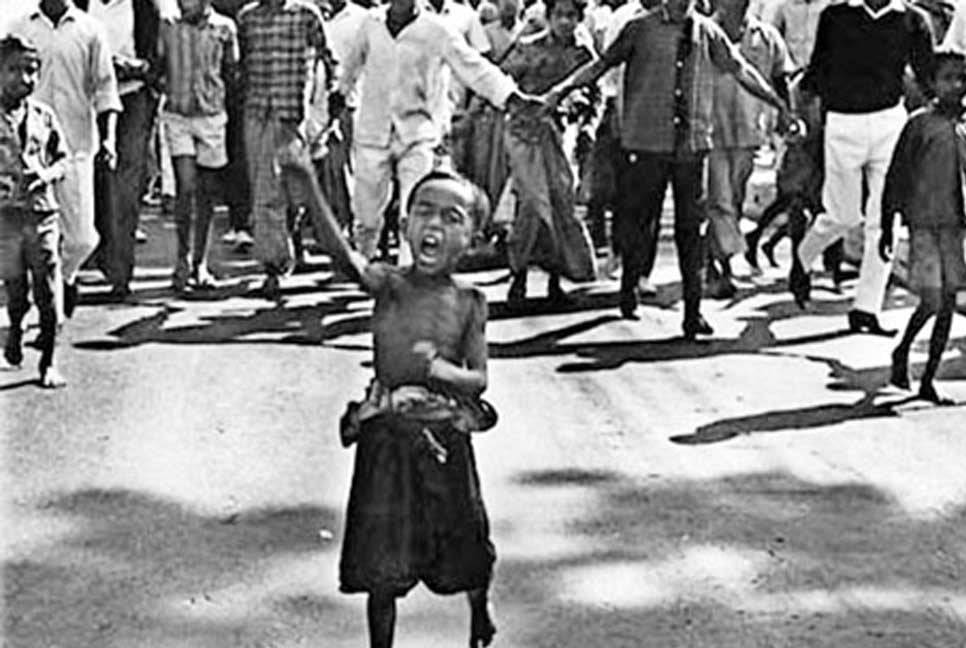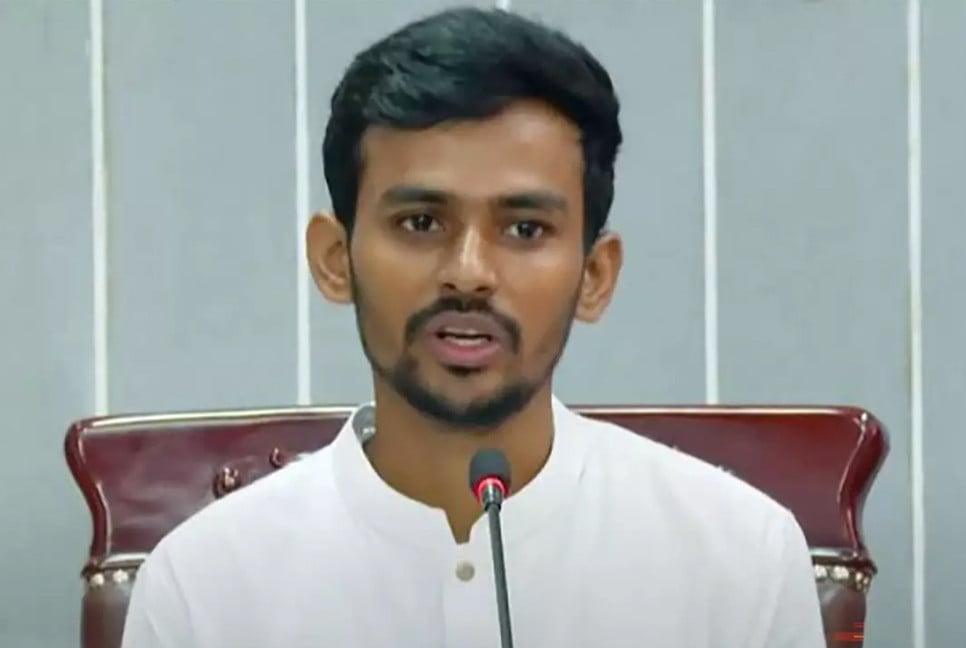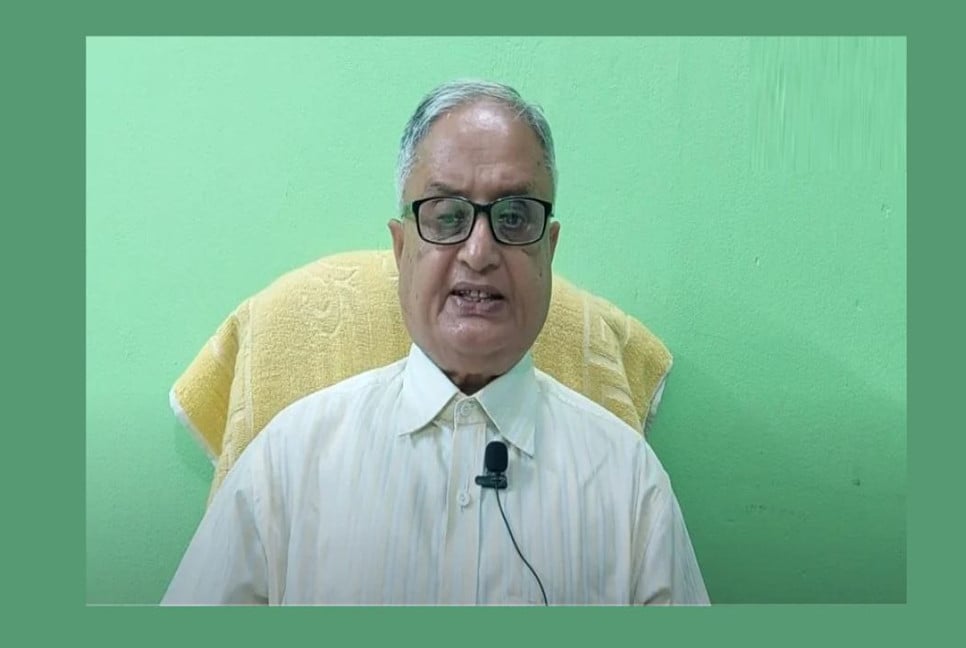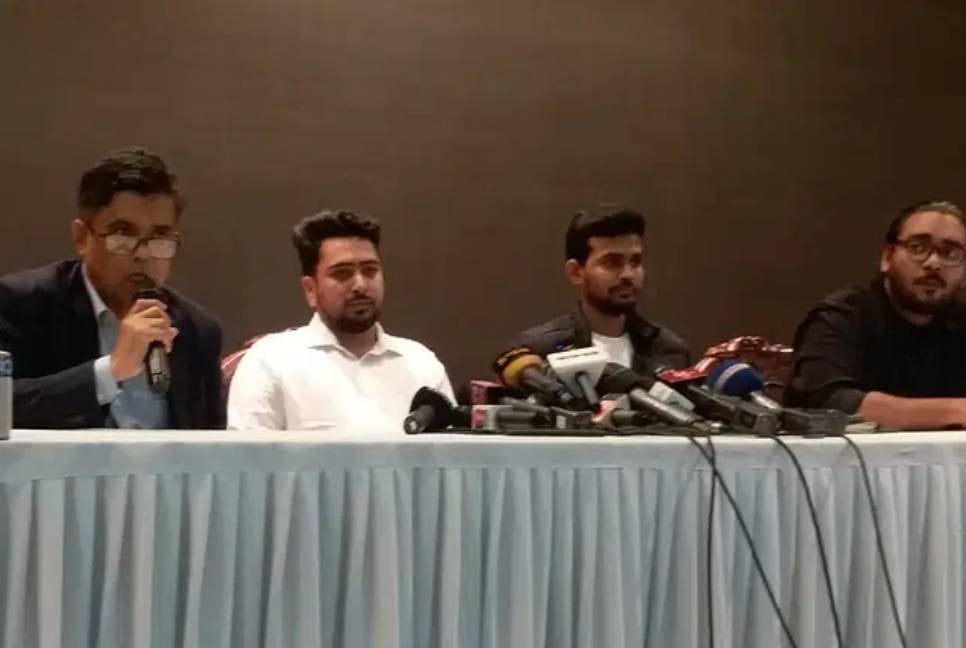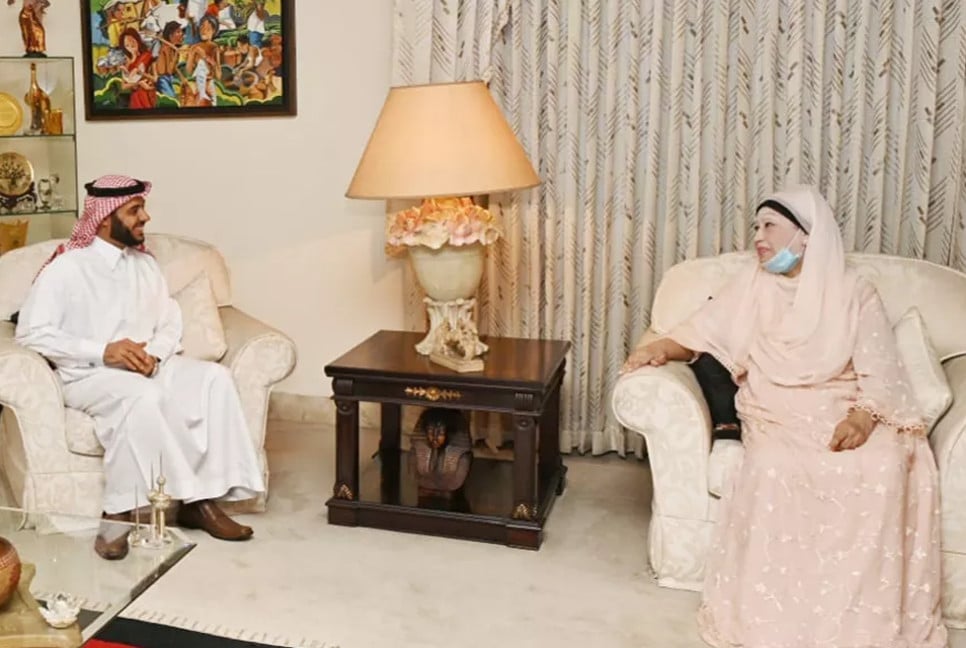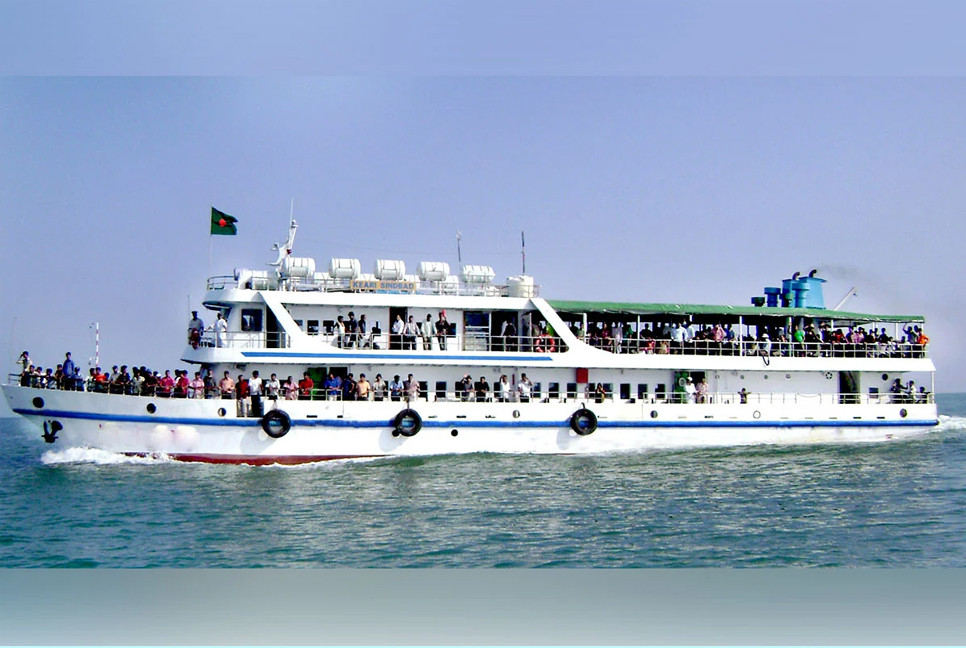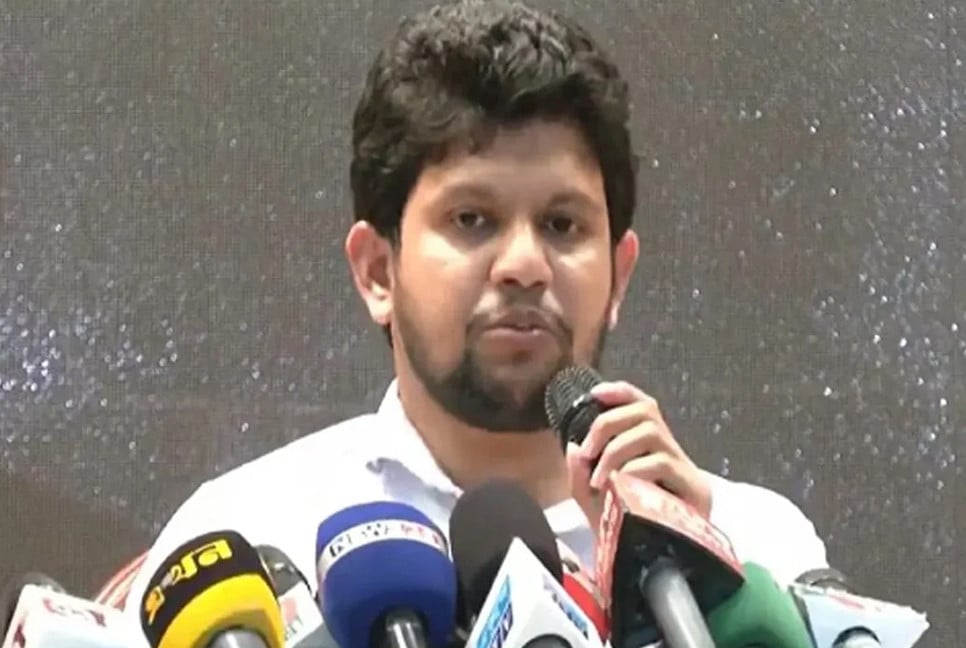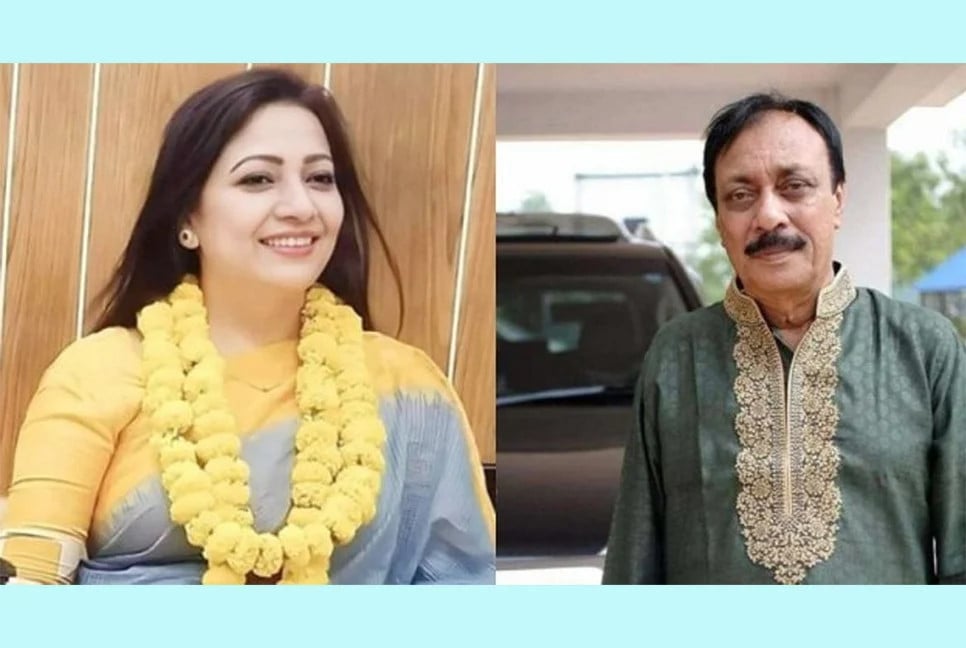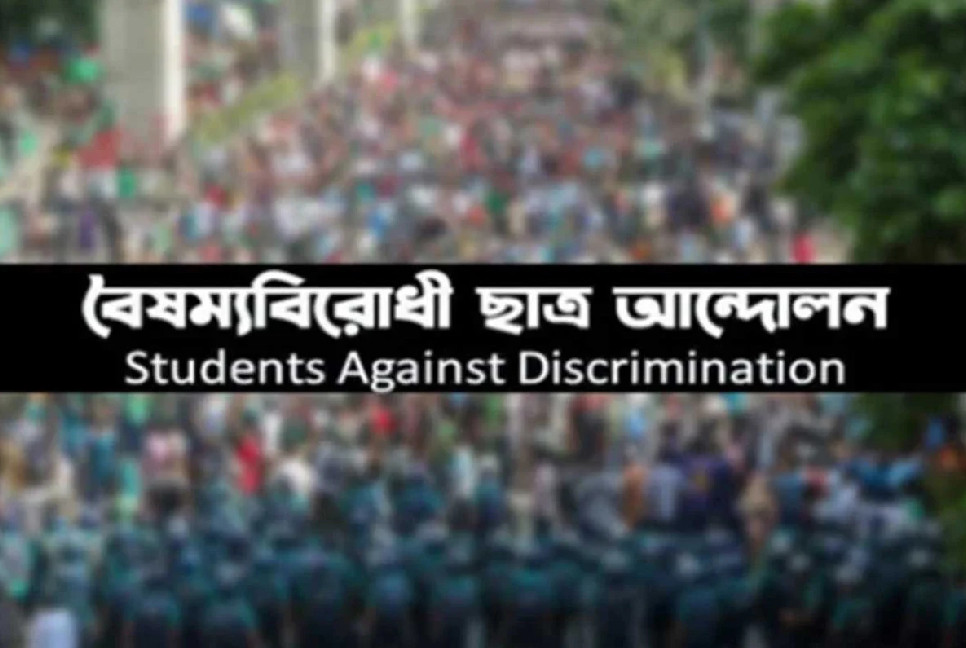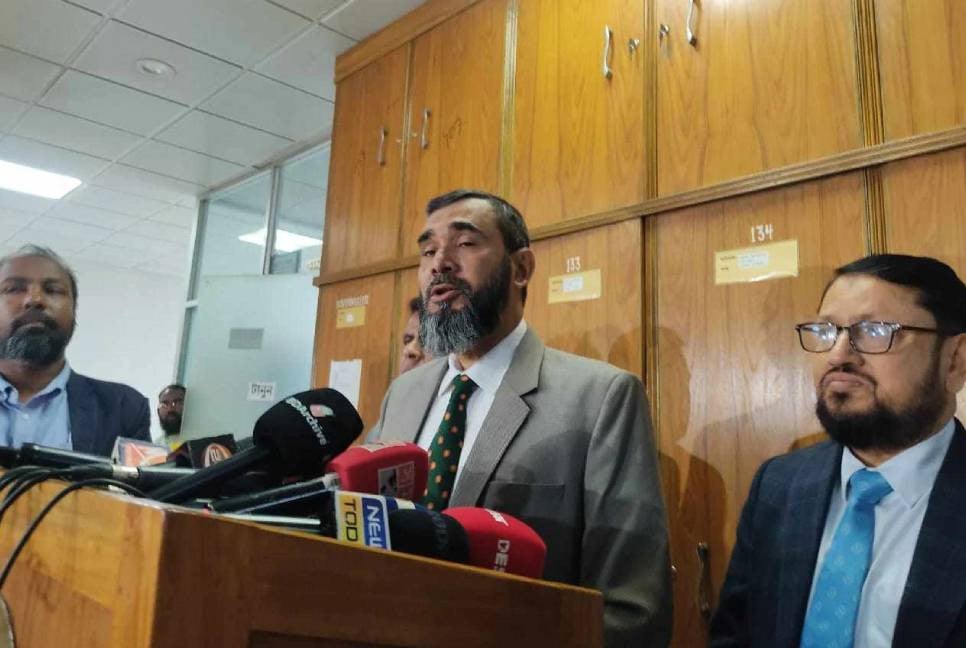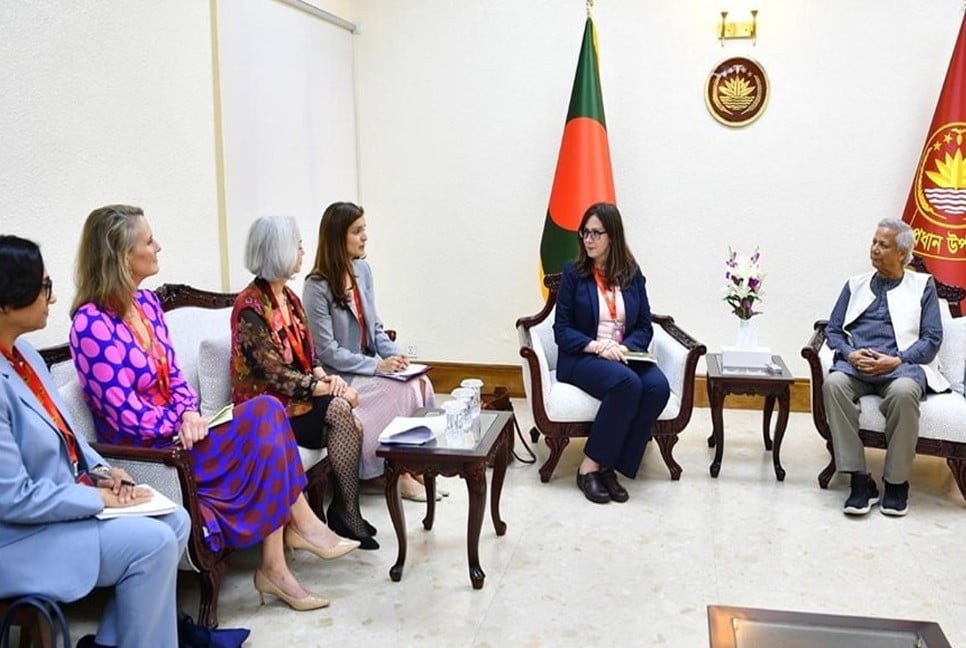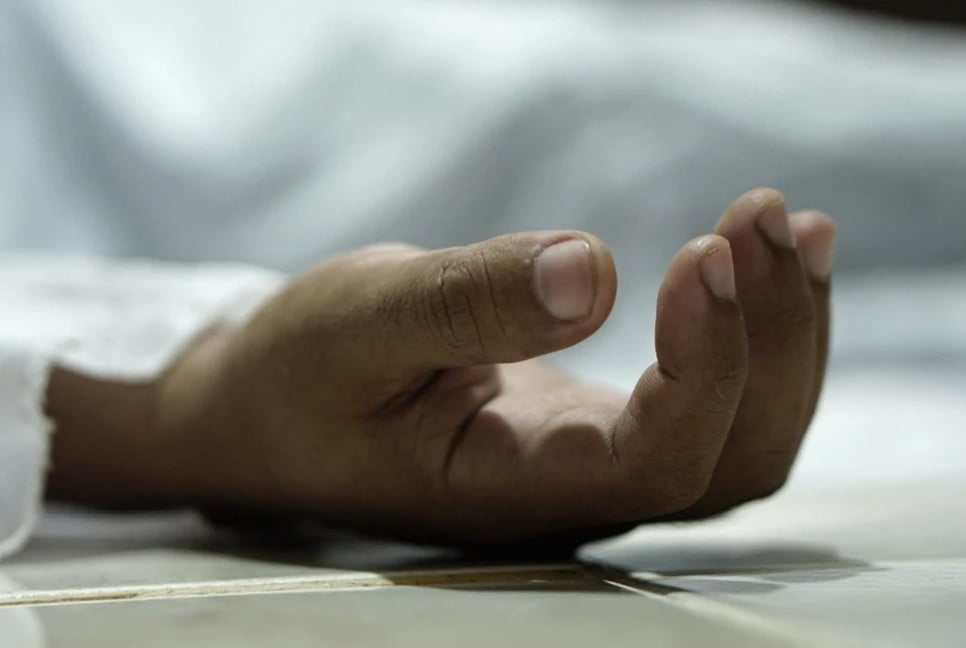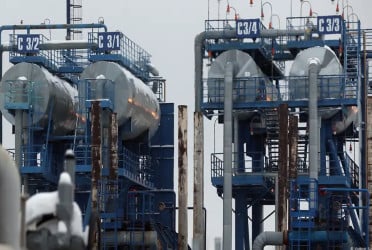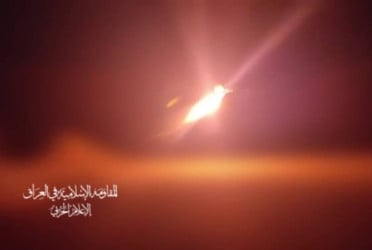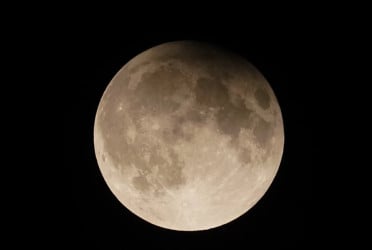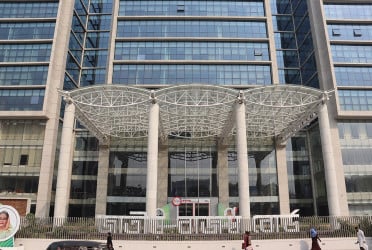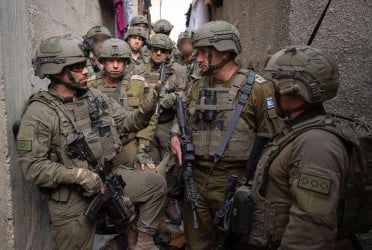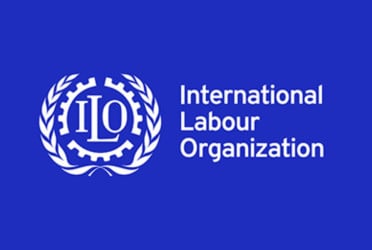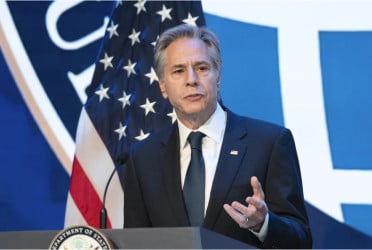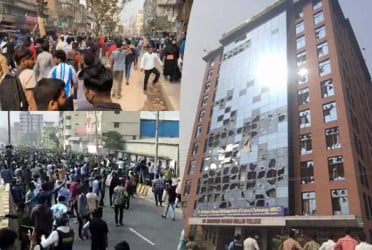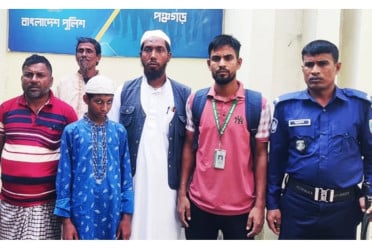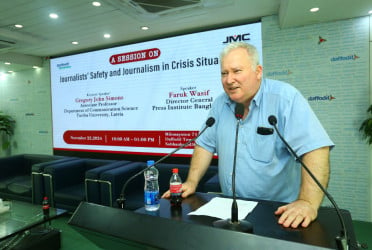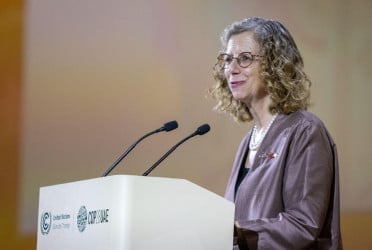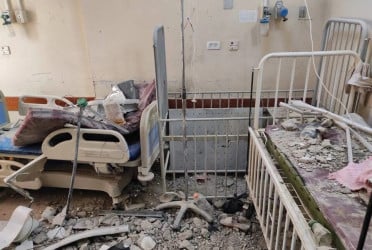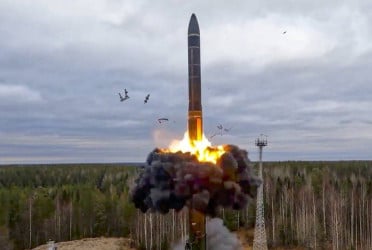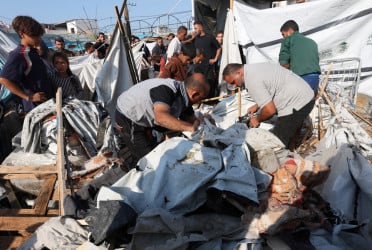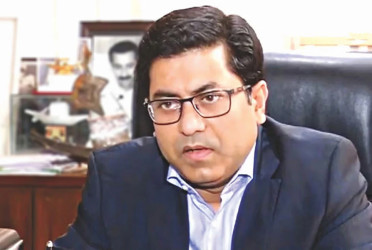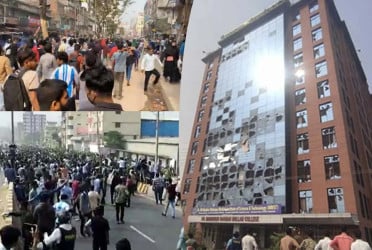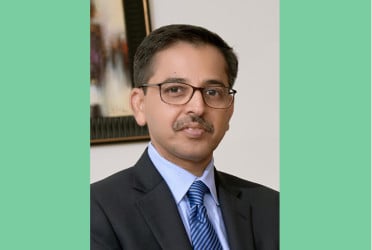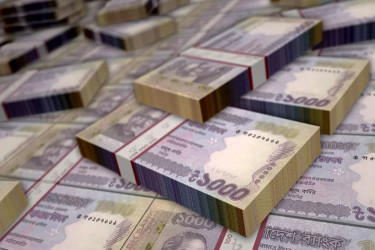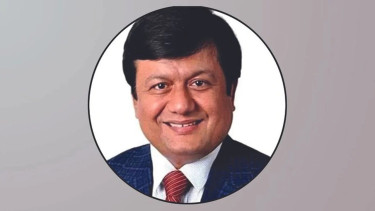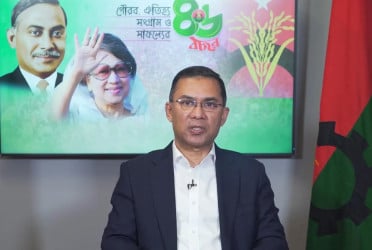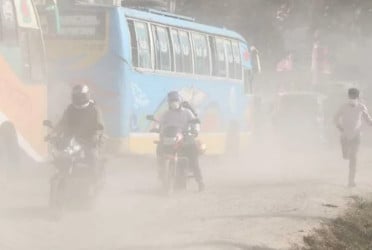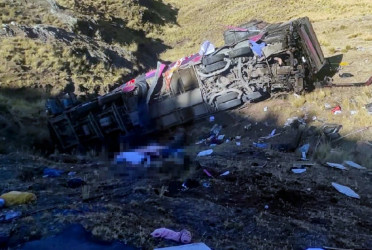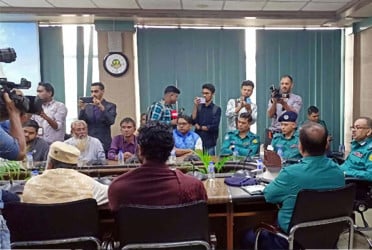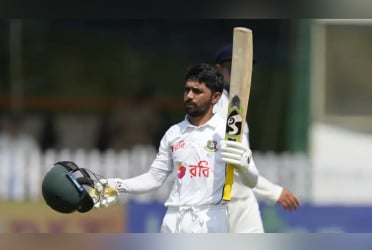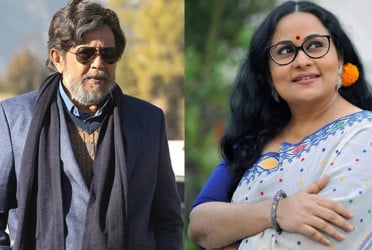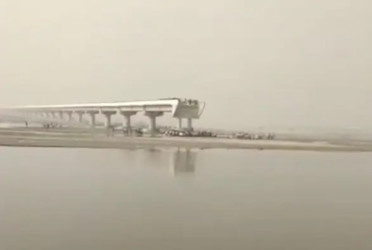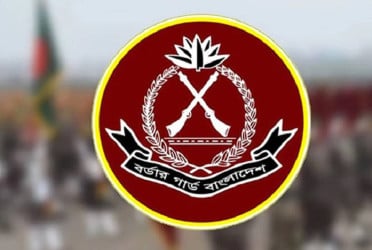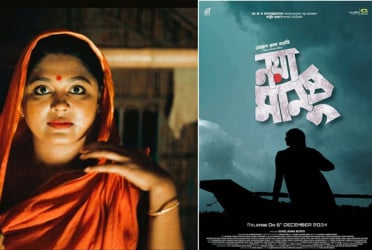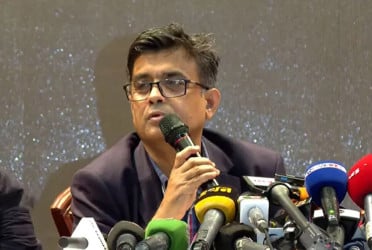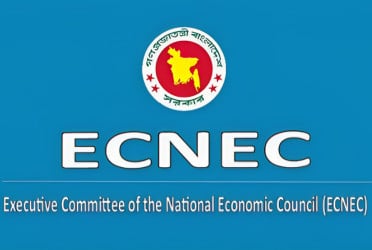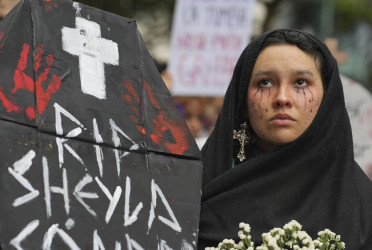The historic 'Mass Upsurge Day', commemorating the 1969's movement for autonomy from the then East Pakistan that eventually led to the Liberation War and the emergence of Bangladesh in 1971, will be observed tomorrow (Tuesday) in a befitting manner, reports BSS.
Different political and socio-cultural organisations have taken separate programmes in observance of the day.
Bangladesh Awami League will place wreaths at Shaheed Matiur Rahman Smiriti Saudha at Nabakumar Institute in Bakshibazar at 10 am.
On the eve of the day, President M Abdul Hamid and Prime Minister Sheikh Hasina on Monday issued separate messages, expressing profound respect for those who had embraced martyrdom in the historic movement in 1969.
"The January 24 of 1969 is a historic day in the progress of independence and democracy of Bangladesh," the President said in his message.
Paying profound homage to the memory of those who were martyred in independence and freedom, he said the day has been remembered in the history of the country's struggle for independence and freedom movement as the day of mass uprising.
Class-IX student Matiur Rahman was killed in the procession by police firing, he said, adding: "The blood of Matiur and other martyrs did not go in vain."
The President urged all to work together for building a prosperous Bangladesh being imbued with the spirit of the 1969 mass uprising.
In her message, Prime Minister Sheikh Hasina called upon all, irrespective of party affiliations, to work together for building a modern, developed and prosperous nation dreamt by the Father of the Nation Bangabandhu Sheikh Mujibur Rahman.
She said the 1969 mass upsurge is a significant chapter in the history of the country's independence.
The nation achieved independence following the 1952 Language Movement, Six-Point Demand, 11-Point Demand, the Mass Upsurge of 1969 and the armed War of Liberation, the premier said. "We got an independent-sovereign Bangladesh," she added.
In the emergence of mass upsurge, the government of dictator Ayub was forced to release Bangabandhu Sheikh Mujib and others accused in the so-called Agartala conspiracy case, she said.
"As a result of this, Ayub Khan's government fell. The mass uprising of 1969 against mal-governance and exploitation still inspires us today. The martyrs, who sacrificed their lives in the mass 1969 mass upsurge will be remembered among the people who love democracy," she added.
On January 24, 1969, Matiur Rahman Mallik, a standard IX student of the Nabakumar Institution, and Rustam Ali, a rickshaw-puller, were killed in the police firing on demonstrators in Dhaka as Pakistani rulers desperately tried to suppress the popular uprising.
The killings spread intense protests across the country that eventually saw the fall of the autocrat Ayub regime.
Bd-pratidin English/Golam Rosul

